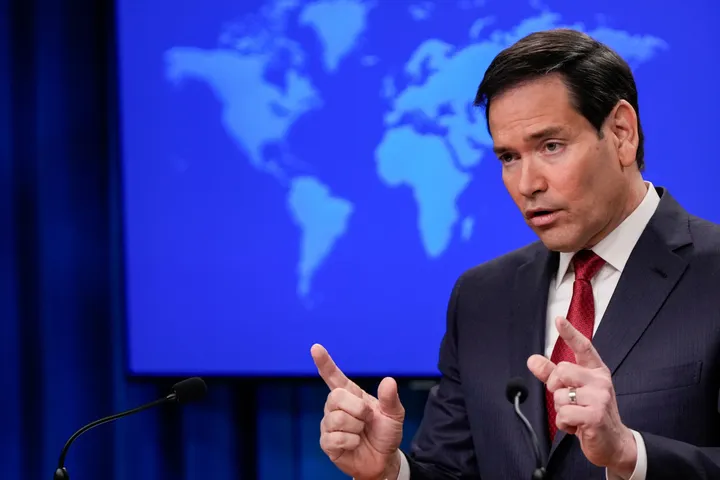Russian figure skating sensation Kamila Valieva has turned up for her scheduled practice at the Beijing Olympics after Russian media reports that the 15-year-old had tested positive for a banned substance.
Valieva took to the ice just after 11am (0300 GMT) on Thursday and performed quadruple jumps in practice. Her coach Eteri Tutberidze also attended.
Valieva, who declined to answer media questions, was part of the Russian Olympic Committee (ROC) ensemble that won the figure skating team event on Monday, ahead of the United States and Japan.
The ceremony to present her and her teammates with their Olympic medals has been delayed since then for unexplained legal reasons.
Russian media reported on Wednesday that Valieva had returned a positive test, with newspapers RBC and Kommersant naming the drug as Trimetazidine.
The ROC declined to comment on the reports.
READ MORE:Belarusian skier flees country fearing reprisal over political views
Legal issue
With the USA and Japan waiting in the wings for their medals, the case is further complicated by the fact that Valieva is only 15.
According to the World Anti-Doping Agency's (WADA) code, athletes who commit doping violations should be publicly named, but this is not required if the person concerned is a minor under the age of 18.
In that case, according to rule 14.3.7, any optional public disclosure "shall be proportionate to the facts and circumstances of the case".
"It's very unusual for a positive test to be returned between competition and the medal ceremony. Usually an athlete in that position would immediately be disqualified, but that hasn't happened here," David Howman, the former director general of WADA, told Reuters.
Prominent journalist Vasily Konov, deputy general producer at Russian sports channel Match-TV, said without citing sources that the sample in question had been taken two months ago.
"The drug trimetazidine does not help an athlete in any way. At all. It was found in one single sample in December. A minuscule amount. Nothing in her samples before or since," he wrote on social media.
Trimetazidine, or TMZ, works by increasing blood flow to the heart and limiting rapid swings in blood pressure. The drug is not approved for use in the United States. It has been on WADA's list of prohibited substances since 2014.
READ MORE:Russia criticises doping sanctions ahead of Winter Olympics
























